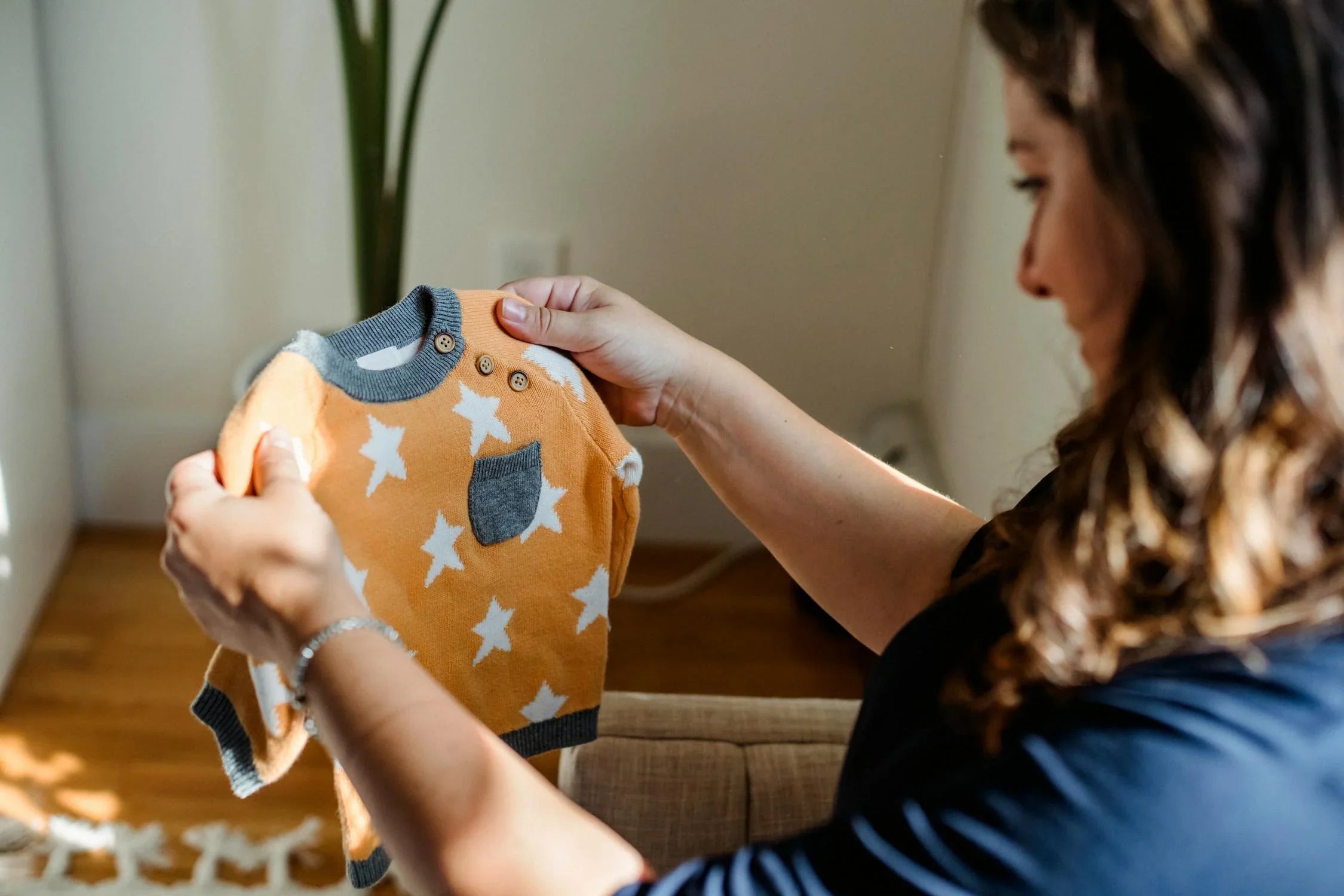Inicio
Pregnancy, Breastfeeding, and Pumping: The Ultimate Guide for Moms
How Early After Sex Pregnancy Test: Everything You Need to Know

How Early After Sex Pregnancy Test: Everything You Need to Know
Wondering how early after sex you can take a pregnancy test? The answer lies in understanding the biology of conception and the capabilities of modern pregnancy tests. Whether you're eagerly hoping for a positive result or nervously awaiting confirmation, timing is everything. This article dives deep into the science, timing, and tips for accurate testing.
Understanding the Basics of Conception
To determine how early after sex you can take a pregnancy test, it's essential to understand the process of conception. Conception occurs when a sperm fertilizes an egg, typically in the fallopian tube. After fertilization, the egg travels to the uterus and implants itself into the uterine lining. This process, known as implantation, usually happens 6 to 12 days after ovulation.
When Can You Take a Pregnancy Test?
Pregnancy tests detect the presence of human chorionic gonadotropin (hCG), a hormone produced after implantation. The levels of hCG double every 48 to 72 hours in early pregnancy. Most over-the-counter pregnancy tests can detect hCG in urine about 10 to 14 days after conception. However, the exact timing depends on the sensitivity of the test and the individual's hCG levels.
Factors Affecting Test Accuracy
Several factors can influence how early after sex a pregnancy test can provide accurate results. These include the sensitivity of the test, the timing of ovulation, and the individual's hCG levels. Tests with higher sensitivity can detect lower levels of hCG, allowing for earlier detection. Additionally, irregular menstrual cycles or late ovulation can affect the timing of conception and, consequently, the accuracy of the test.
Types of Pregnancy Tests
There are two main types of pregnancy tests: urine tests and blood tests. Urine tests are the most common and can be done at home. Blood tests, performed in a healthcare setting, can detect pregnancy earlier than urine tests, often as early as 6 to 8 days after ovulation. However, blood tests are less convenient and more expensive than urine tests.
Tips for Accurate Testing
To ensure the most accurate results, follow these tips when taking a pregnancy test:
- Wait until after your missed period for the most reliable results.
- Use your first-morning urine, as it contains the highest concentration of hCG.
- Follow the instructions on the test carefully.
- If you receive a negative result but still suspect pregnancy, wait a few days and test again.
Early Signs of Pregnancy
While waiting to take a pregnancy test, you may notice early signs of pregnancy. These can include missed periods, nausea, breast tenderness, fatigue, and frequent urination. However, these symptoms can also be caused by other factors, so a pregnancy test is the most reliable way to confirm pregnancy.
What to Do After a Positive Test
If your pregnancy test is positive, it's important to schedule an appointment with a healthcare provider. They can confirm the pregnancy through a blood test or ultrasound and provide guidance on prenatal care. Early prenatal care is crucial for the health of both the mother and the developing baby.
What to Do After a Negative Test
A negative pregnancy test can be disappointing or relieving, depending on your circumstances. If you're trying to conceive and receive a negative result, consider tracking your ovulation and timing intercourse accordingly. If you're not trying to conceive and receive a negative result, continue using contraception to prevent unintended pregnancy.
Common Myths About Pregnancy Testing
There are many myths surrounding pregnancy testing. One common myth is that you can take a pregnancy test immediately after sex. In reality, it takes time for hCG levels to rise enough for detection. Another myth is that all pregnancy tests are the same. In fact, tests vary in sensitivity and accuracy, so it's important to choose a reliable test.
When to Seek Medical Advice
If you're experiencing symptoms of pregnancy but continue to receive negative test results, or if you have concerns about your fertility, it's important to seek medical advice. A healthcare provider can perform additional tests and provide guidance on next steps.
Understanding how early after sex you can take a pregnancy test is crucial for accurate results. By knowing the science behind conception and the factors that affect test accuracy, you can make informed decisions about when and how to test. Whether you're hoping for a positive result or seeking reassurance, timing and preparation are key. Take the first step toward clarity and confidence today.
Compartir

